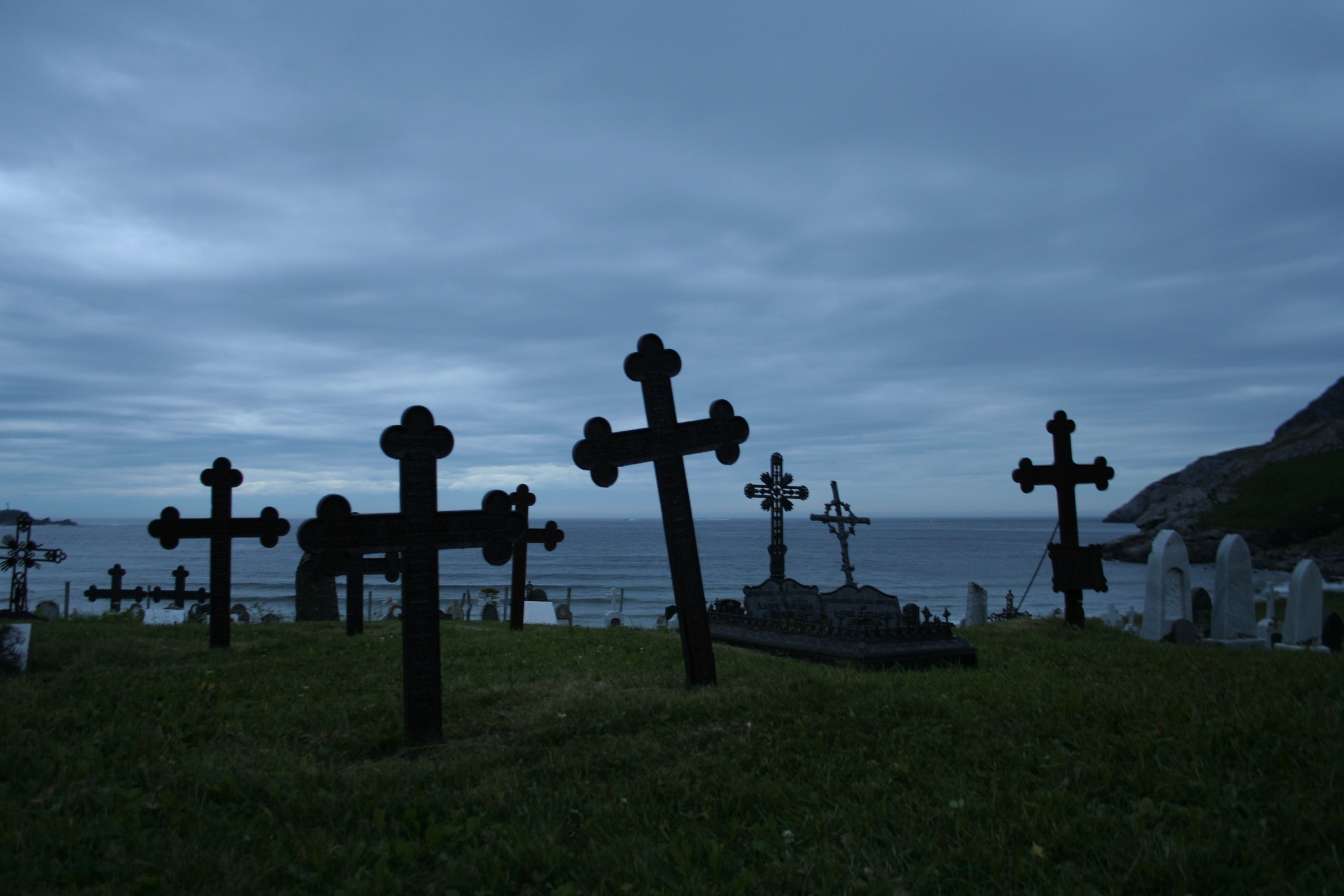In what originally seemed like an overly ambitious endeavor, we have covered much in our short time together. We viewed an intimate Shakespearean performance, read three of The Bard's great works, formalized our very own production proposal, and acted out a scene with our peers. Particularly from the performance of A Midsummer Night’s Dream, the talk of the town (class) was wildly laudatory, making it the highpoint for most. Thankfully, I did not feel the course taper down from there; in fact, I felt it just kicked off. For in closing that first chapter, we turned the page to many more. Swinging from comedy to tragedy and everything in between, we breathed many of Shakespeare's distinct aromas. You could say that we were thrown into two separate worlds for this course, and you wouldn't be wrong: there was the world of the text and the world of the world. That world, of course, was the living, breathing terrain of the spoken word. I had hoped we wouldn't get too bogged down in the world of the text, scrutinizing every word that Shakespeare had written because, in all seriousness, he himself probably did not. Presented for a widely illiterate audience, his success depended just as much on picking the right actors as it did on choosing the exact words; the performances would never sell if the actors were lifeless sticks in the mud. So in that sense, we learned, in equal parts, both why lines were said and how they would be delivered. We learned to navigate these distant lands with skill and fondness, and in the process many have surfaced as true Shakespearean scholars. I'm thankful the opportunity.
The most testing moment, and most revelatory, was indeed our final bout: stepping up to the stage and doing justice to Shakespeare's plays in front of an audience. Kudos to the cast of A Midsummer Night's Dream at the Pearl Theatre Company, who's chemistry and passion flawlessly mixed around the sandy, barebone set for all to see. They served as a counterpoint to the newbies—us—that tried their hand at meeting that standard, and I think everyone gave excellent showings. While undoubtedly a crucial challenge, our performance made me fretful and uneasy; frankly, I'd vote for a ten page paper over it any day. Yet, I'm quite happy we weren't given a choice—that would have given us a chance to skate around what can perhaps be seen as the culmination of one's study of Shakespeare. Moving from reading to writing to declaiming to acting is a frightful journey—but it's also the most natural. I learned two things from our time acting out our scene from Shakespeare: first, "to be or not to be" is not quite for me (I'll stick to the writing), and second, you shortchange yourself by not watching the scene pan out in motion. Otherwise, you're only getting the bottom frame of the Mona Lisa.
Within the realm of the text, there was much to glean as well. Most impactful, the graveyard scene in Hamlet unfolds the most jarring truth—that despite one's worldly success, we all get thrown back into the same dirty ditch. How quickly and callously the gravedigger tossed the skulls out of the grave genuinely shocked me; coupled with Hamlet's chilling reductions of a court jester, politician, lawyer, Alexander the Great, and Caesar to mere dust, he delivers a woeful prognosis. I couldn't help being taken aback by this scene. Both the visual image rendered and the symbolic message conveyed were utterly terrifying. As we embark on new quests beyond these halls, to do what many of those very people sought to do, that scene actually gave me pause—am I going to do enough that I won't just be some dusty skull in a grave? Although Hamlet is right in saying that there's not much remaining of all those people in a material sense, he's still partially wrong; at least for Alexander the Great and Caesar, they were able to amass a legacy that will live through the ages. Their works, for better or for worse, transcended time and their nations. Certain pursuits, it seems, endure the ages and become immortalized in the writings and memories of our descendants. While I don't think I'm quite nearly cut out to be a conquerer or an emperor, nor do I want to be, this moment of Shakespeare's imbued the importance of acting beyond our lifetime. As Thoreau put it, we must "suck the marrow out of life," so that each day is not lost and that our works may help future generation. So in many ways, this scene may have been the most salient passage of all the books we've perused at Regis.
Art critic Robert Hughes once said that it's not about teaching students literature that's "relevant to their experience," because, in fact, writing creates experience. I wholly agree. Some may say that Shakespeare is a dead white male incapable of imparting anything to a modern reader. They would be wrong. Instead, Shakespeare's plays—being so unlike reality at points—waft readers away to private sanctuaries. From a forest where fairies and lovers intermingle to a lonely island filled with a motley gang of Italian nobles, we get glimpses into playful worlds that we could never imagine. My eyes have been opened while pacing along.

No comments:
Post a Comment
Note: Only a member of this blog may post a comment.